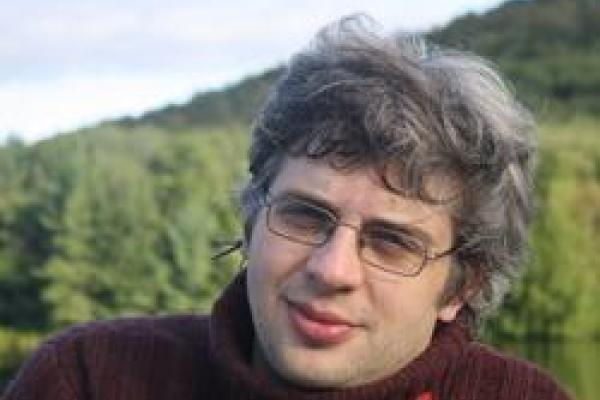
Complementarities between Family and School Environments: Evidence from Romania
There is growing interest in whether conditions during early childhood influence the productivity of later human capital investments. We examine whether the educational benefits of going to a better school are larger for children who experienced better family environments because they were born after the liberalization of a restrictive abortion policy in Romania. We use an empirical strategy that combines a regression discontinuity design (RDD) and the differences-in-differences (D-in-D) framework to estimate impacts on a high stakes school-leaving exam. Although we find positive and significant effects of both going to a better school and being born under a less restrictive abortion regime, we do not find evidence of significant interactions between these two human capital shocks/investments. This work is joint with Ofer Malamud and Miguel Urquiola
